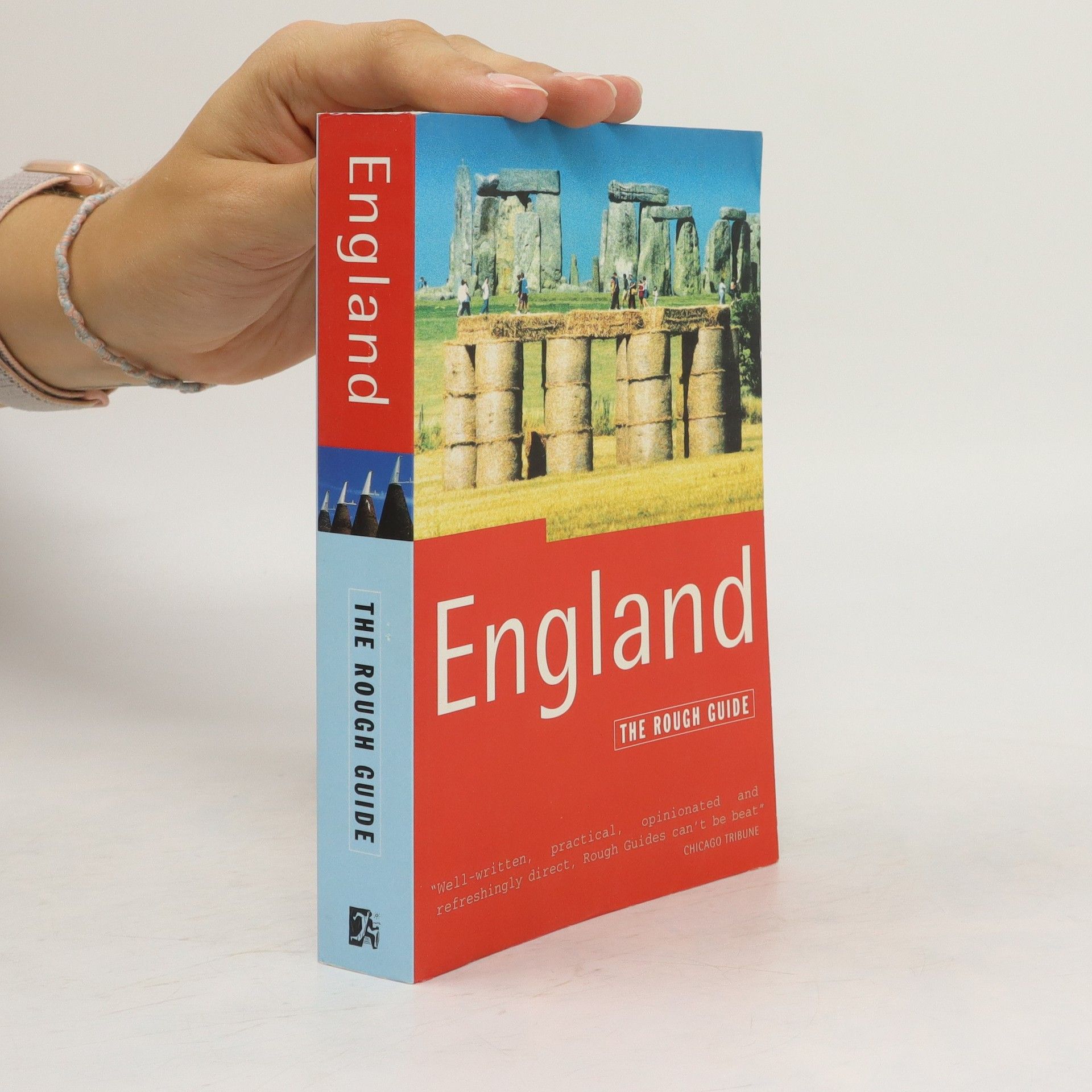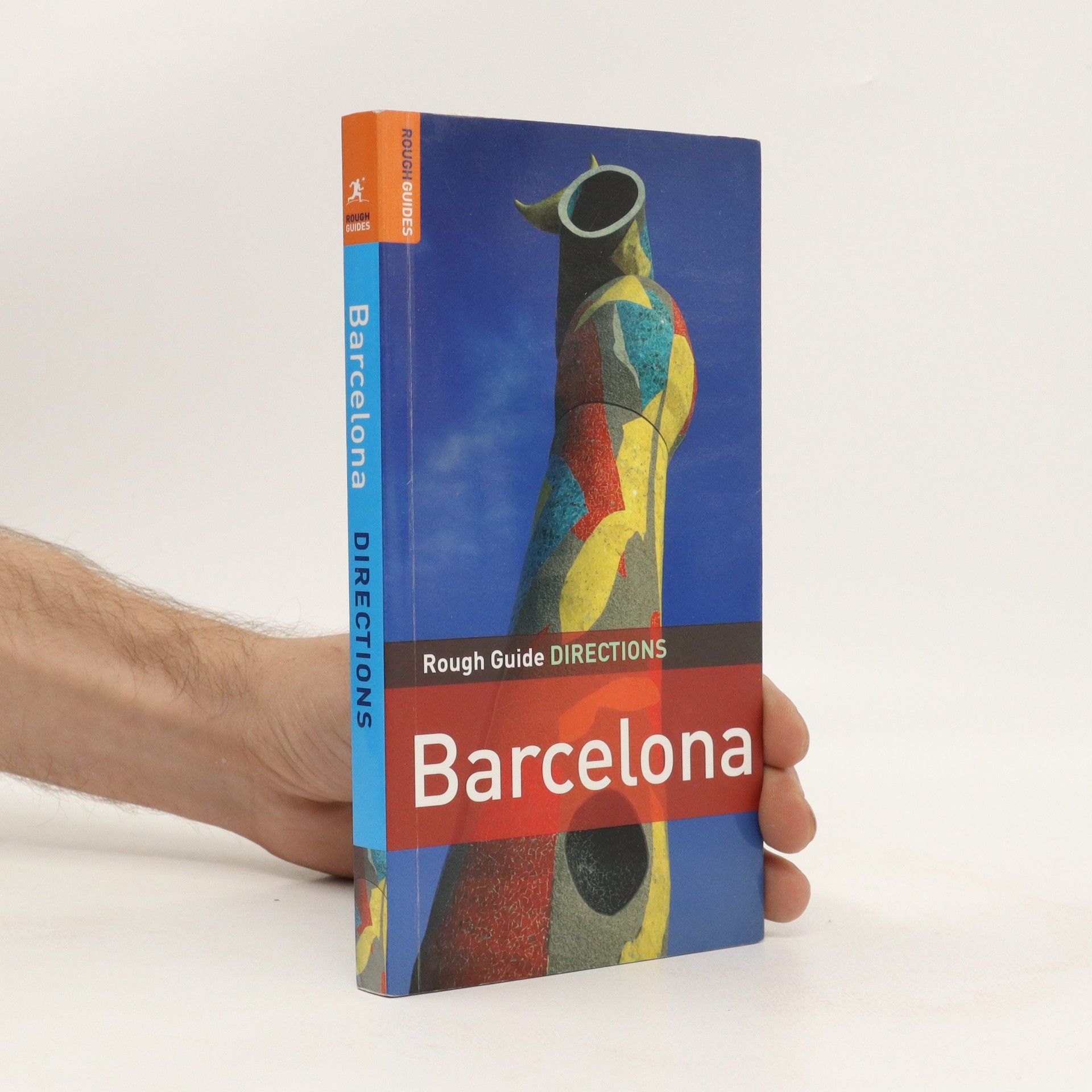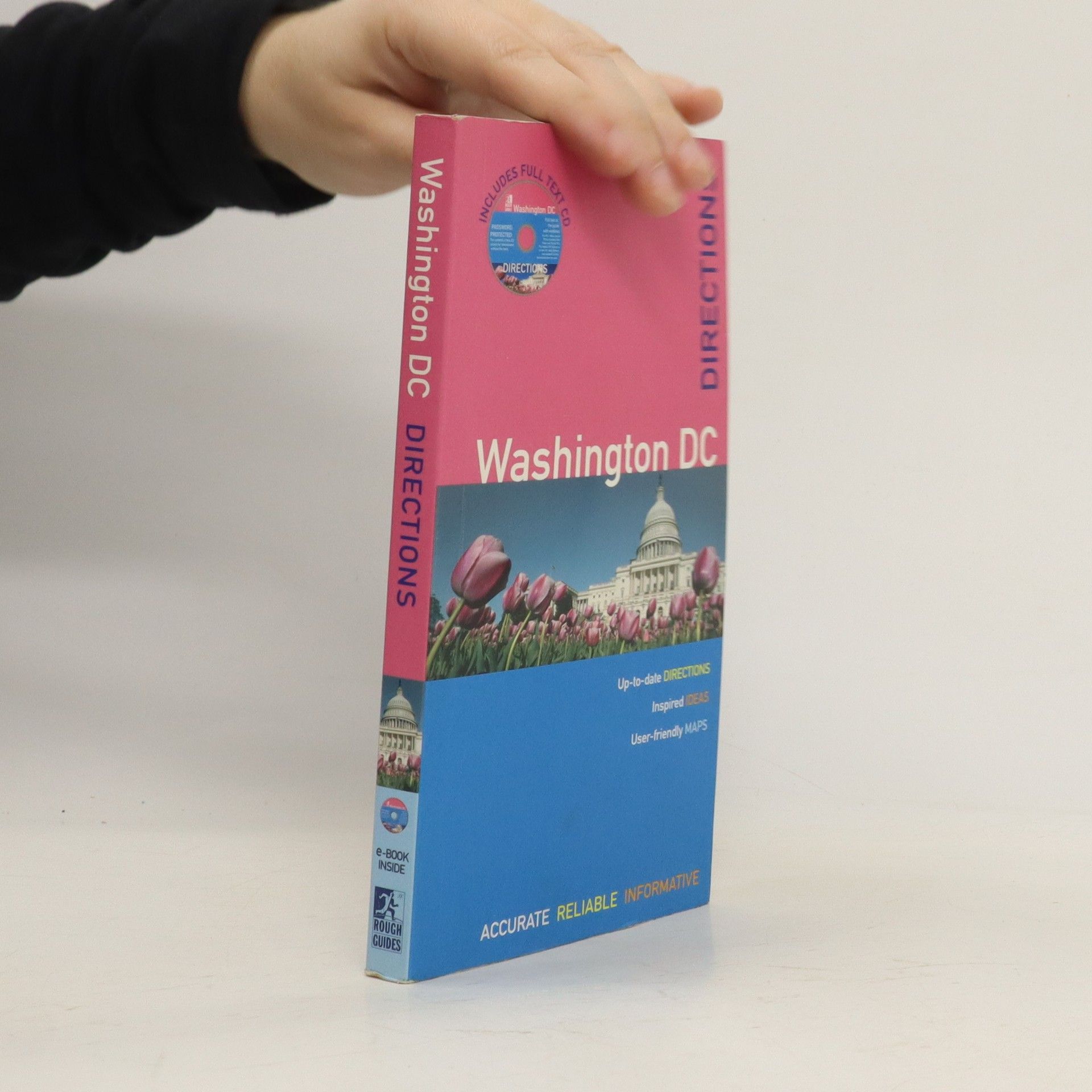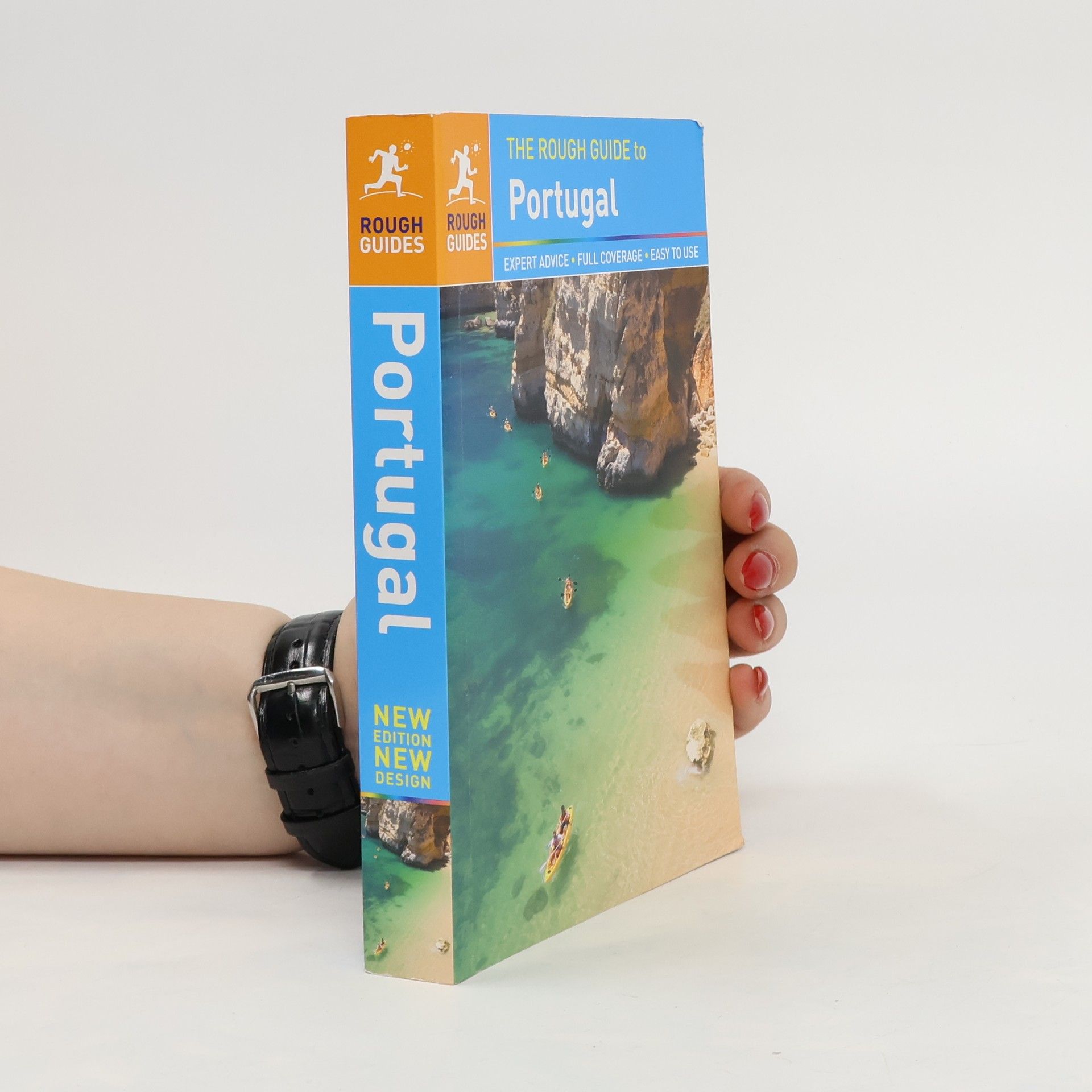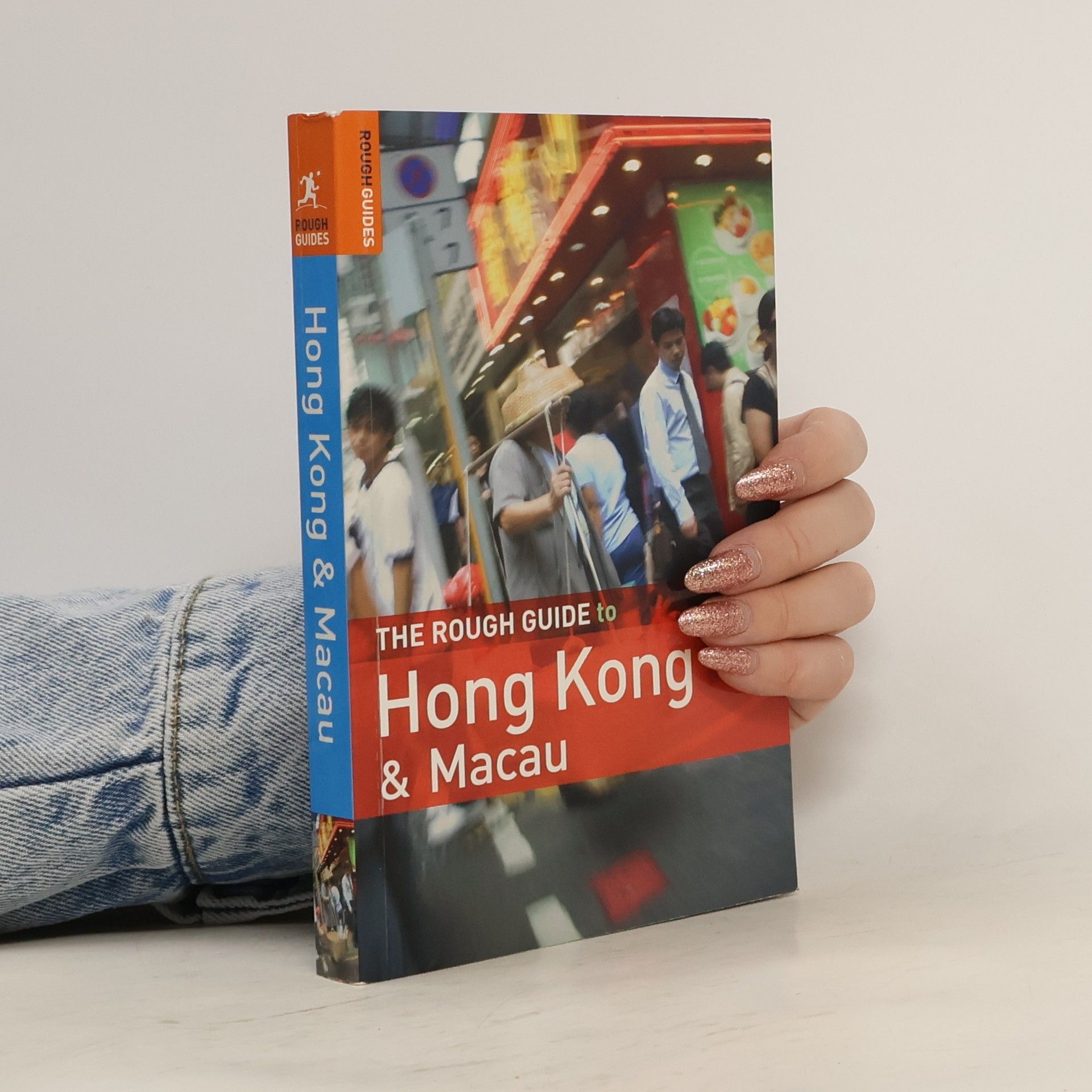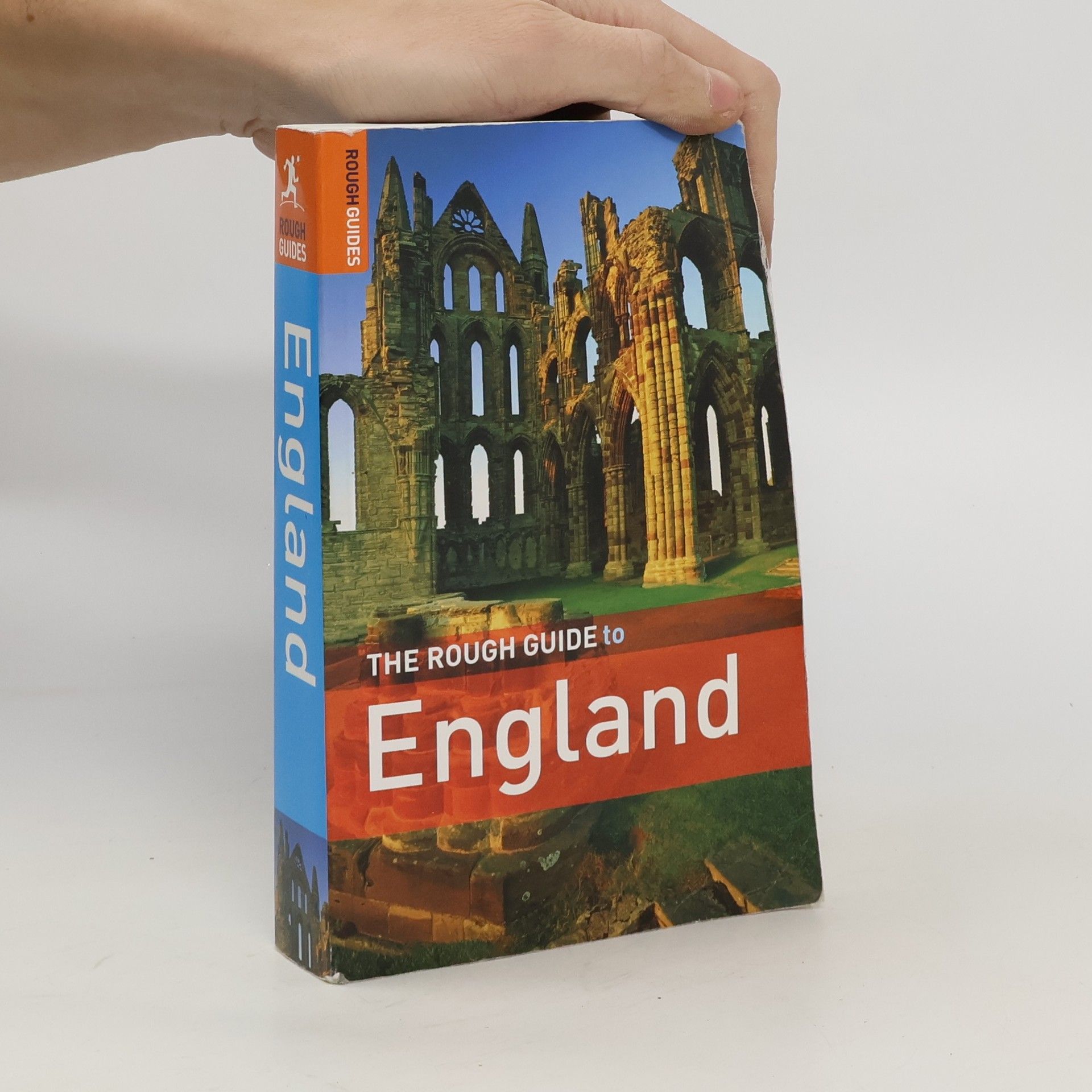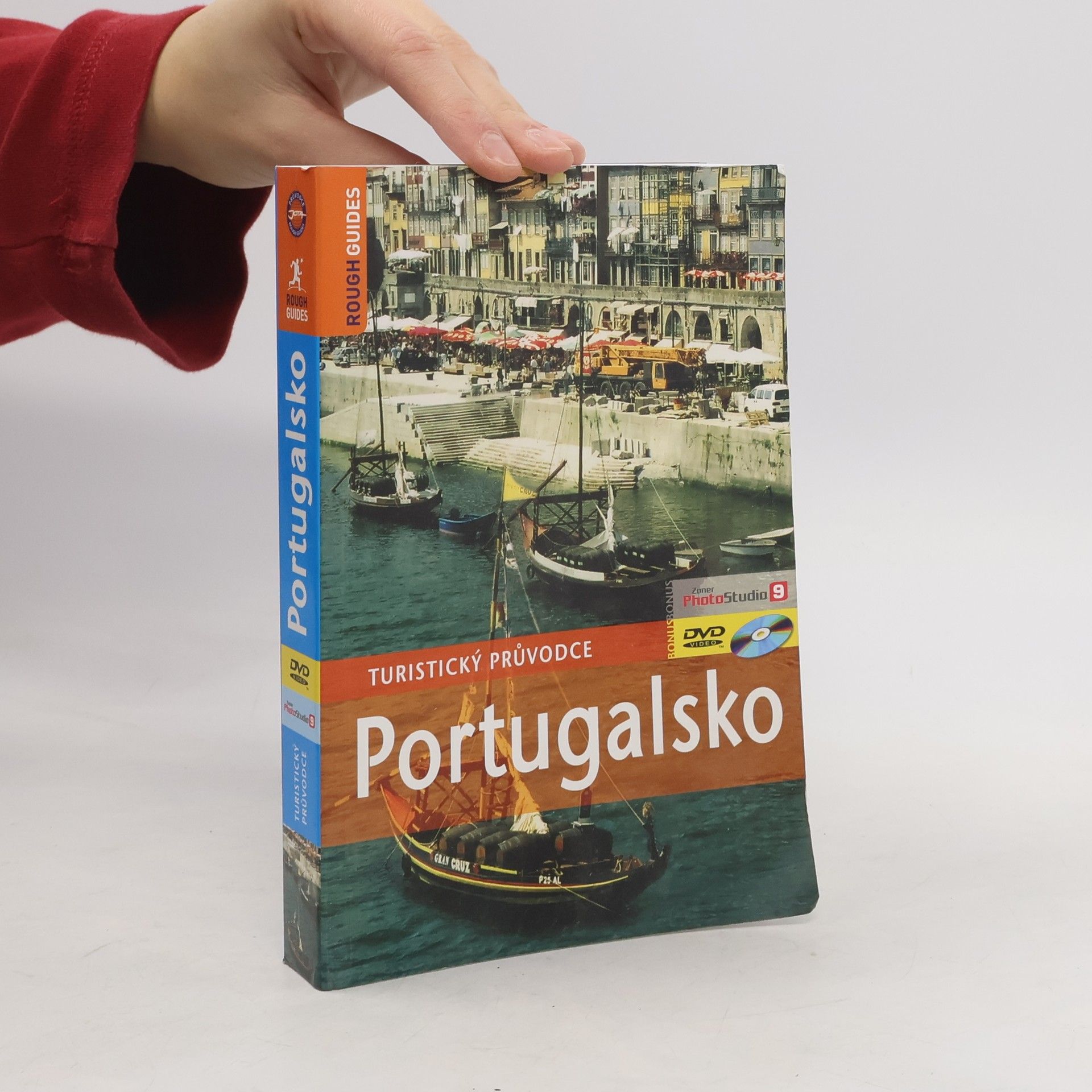Watch Out for Pirates: Tales From a Travel Writer's Life
- 206 pages
- 8 hours of reading
"Left at 11am to go pirate-hunting." Wait, what? When Jules reads his grandfather's diary, he discovers he's not the first in his family with travel stories to tell. Looking for his own adventures, Jules crosses continents while learning the ropes as a Rough Guide writer. And because travel is unpredictable, there's no knowing what his next trip will bring. Surviving the outback, drunk by breakfast time in Montenegro, asked to sing at a Sicilian wedding, appearing as Santa in a Portuguese school - the life of a travel writer can take a wrong turn now and again. From scary lizards to Highland warriors, it seems that pirates are not the only things to worry about when you're born to travel.

